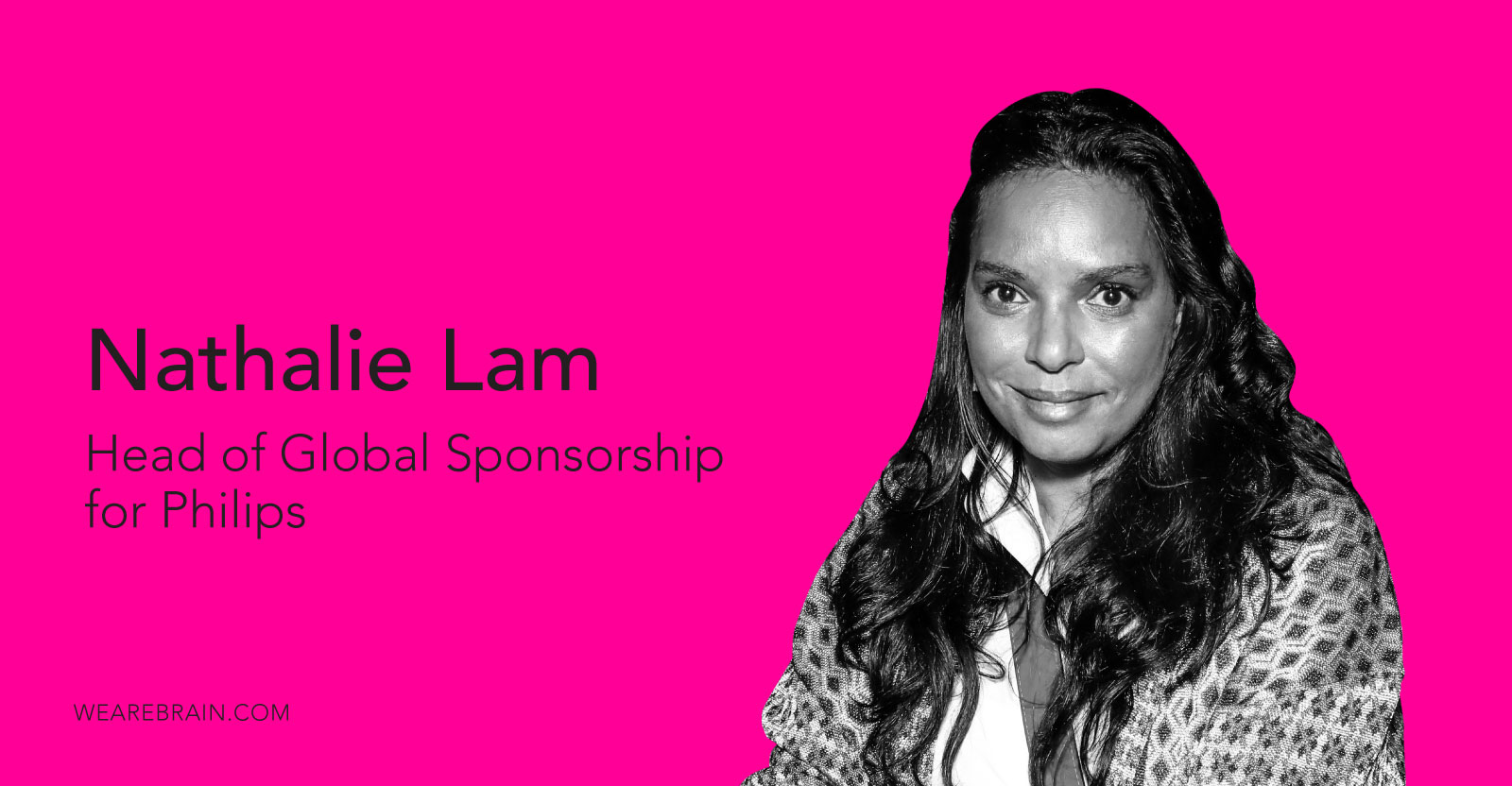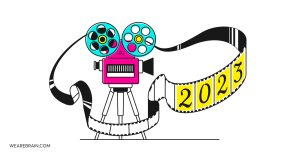Champion of Diversity: In Conversation With Nathalie Lam

For our next instalment of our Women in Tech series, we had the opportunity to sit down for a chat with Nathalie Lam, Head of Global Sponsorship for Philips.
The global tech scene is still considered a bit of a boys club, with roughly 27–47% of women being represented in the workforce of major tech companies, such as Microsoft and Amazon. But these figures are showing good signs of increasing, compared to the figures for 10+ years ago.
We wanted to find out more about Nathalie’s career path and how she finds being a woman in a predominantly male-dominated sphere. Here’s what she had to say:
Q: What drew you to the tech space in the first place?
I have a solid foundation in marketing, with a focus sponsorship in the last few years. Philips is consistently looking for innovations and solutions to improve people’s wellbeing. They develop the highest technology to do so. That’s why I like working here so much. We do marketing with a purpose: informing people about new technology and changing their lives.
Q: Who are your female role models in this space and why?
There isn’t one person as such, but I find it wonderful that technology — which used to be very much led by men — nowadays has more and more women taking up leadership positions. It is no longer a domain that is solely for men. All women with drive are role models to me, taking a journey that may be difficult at times, but which will change their lives.
Q: What challenges have you faced being a minority in a world traditionally led by men?
Although the playing field is changing, I still come across challenging situations at times. For example, men often don’t expect a woman to be the decision-maker, they will more likely look to the man in the room to make a decision. Sometimes men are surprised that I am at the decision table. One important lesson I learnt: never let yourself be put down. Stay strong and prove the audience wrong, by showing them that you actually are a force to be reckoned with. It is all about perception.
Q: Can you give an example of how you foster inclusion and diversity in your own team?
For each campaign that I initiate, I put together a team with different functions, ideally people with different backgrounds, not only race and gender but also seniority. To be successful, it is important to get different perspectives. The key is to think of your audience: at Philips, we run external and internal focus groups to validate concepts and ensure they resonate with our target audience. I like to think hard about how to set up a team or a campaign. For example, Philips has been sponsoring Amsterdam Pride for the past 4 years. As you can imagine, the messaging is quite sensitive and we wanted to make sure that we are talking the right language. I, therefore, recruited a number of members from the LGBT community, to help us through that process.
Q: Can you share a best practice that you are proud of which has helped you be a more inclusive leader?
We launched Women’s Day at Philips in 2017. This took place on a volunteer basis, so the initiative was rather small in scale. The programme was organised in Eindhoven, with guest speakers. We eventually developed a toolkit so that other markets could also set up similar events, and the response we got back was quite unexpected, with a lot of interest gathered. This year the event took place for the second time and the audience had doubled, with executive members of Philips embracing it. This is to show that a small initiative can have a big impact. I love that we got to raise awareness for gender equality, working hand-in-hand with men, who acted as allies. We are now even planning to change the name to Inclusion Day!
Q: What is one key piece of advice on how to promote and foster inclusion & diversity in our daily lives?
Act like you mean it, demonstrate the right behaviour, demonstrate inclusion. This can be little things like including people who normally don’t get the floor. It is also important to realise that everyone has biases they need to work on and to understand the need for open dialogue, for example, to talk about a situation where inclusion wasn’t fostered.
Q: Can you give an example of when having a diverse team gave you a clear advantage and helped to ensure success?
Amsterdam Pride was a great success for us. It is a benchmark on how I plan to create future campaigns, to ensure we have diversity.
Q: How has your own bias influenced you as a manager in a positive or negative manner?
For the negative, I realise that I sometimes tend to lean to people who are similar to me. This is something that is quite human and that we start developing in the schoolyard.
For the positive, because I work with people who are so different to me, I learn a lot from them, it opens me up to completely new perspectives. I find that taking the risk of working with someone who is 180° different to me is really worthwhile, as we will enrich each other.
Q: Any advice to future women leading the way in tech?
I used to try to fit in. I thought that in order to succeed and grow, I’d need to be the same as people around me. I have realised this isn’t the case. I am more myself now, the way I express myself verbally or through the way I dress, and I know I am getting respected for it. So to the next women in tech, don’t change who you are to become who you think they want you to be.
Some sage advice from a woman who is at the top of her game. It was an absolute pleasure chatting to Nathalie and finding out more about what drives her.
Elvire Jaspers
Working Machines
An executive’s guide to AI and Intelligent Automation. Working Machines takes a look at how the renewed vigour for the development of Artificial Intelligence and Intelligent Automation technology has begun to change how businesses operate.







